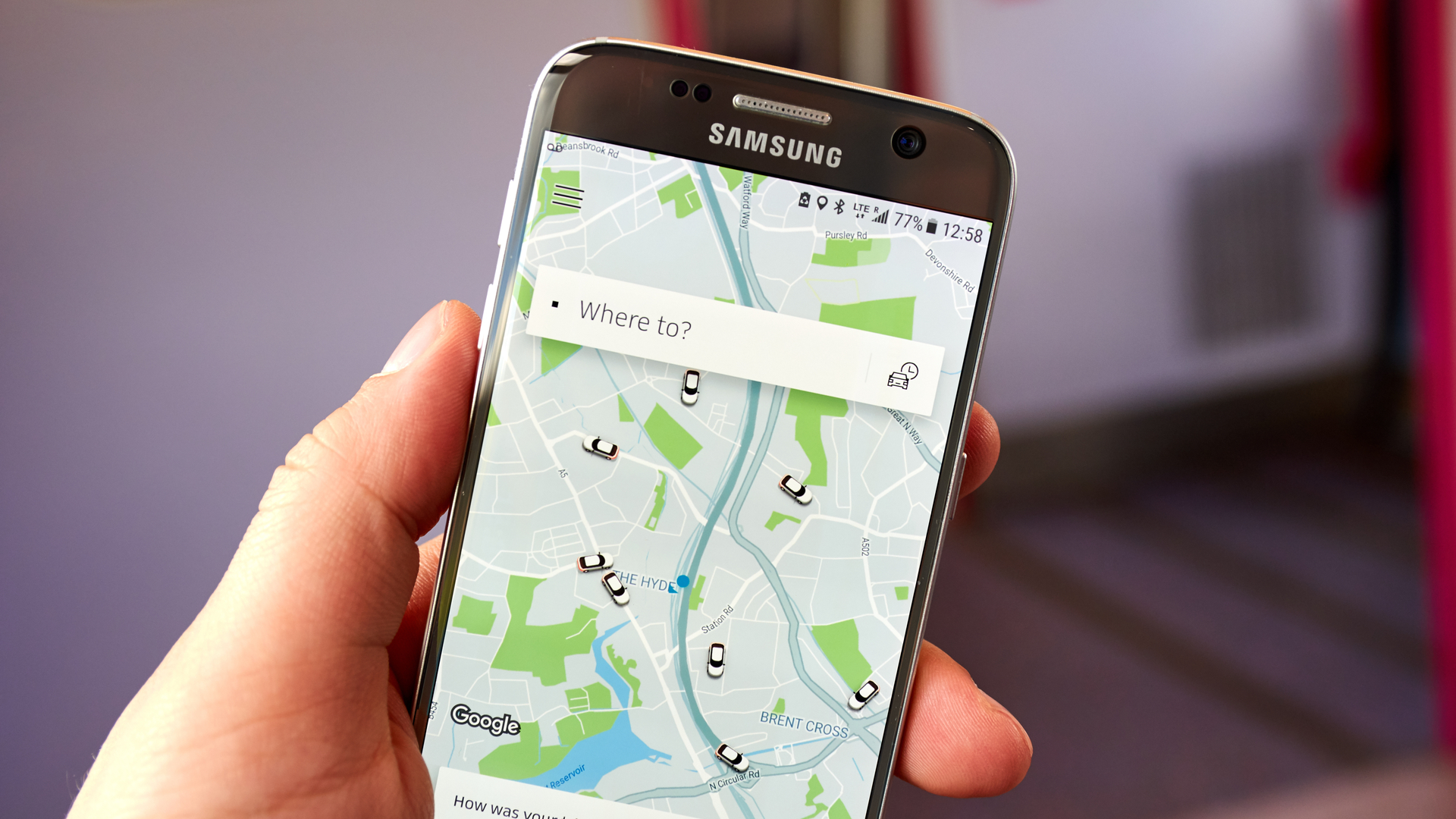Uber wins license to operate in London after ‘plugging IT gaps’
The ride-hailing firm was previously in trouble for failings in the way it manages and releases software updates


Changes that Uber has made to its systems and internal processes, including the addition of software tools and more automation, mean the company is now “fit and proper” to hold a license to operate in London.
Following an almost year-long regulatory process, the Westminster magistrates court has ruled in favour of Uber after Transport for London (TfL) previously refused the ride-hailing platform a license extension in November 2019.
Part of the reason for the refusal was due to breaches that put passengers at risk, including a change to Uber systems that allowed unauthorised individuals to upload photographs to legitimate drivers’ accounts.
The decision comes three years after TfL first put pressure on the company to improve its systems and its practices, declaring it was “not fit and proper to hold a private hire operator license” in September 2017.
The Westminster magistrates court, however, has concluded after an examination of the evidence that changes to the way Uber operates means the company is not fit to operate in the capital. Notably, Uber has “plugged” the holes in its IT systems that have led to issues over the years, as identified by a report compiled by Cognizant.
Flaws in the release management systems that oversee how Uber’s software is updated have been addressed, according to the report commissioned in April this year, and regulatory breaches are therefore less likely to happen. In particular, Uber has increased the level of automation in these processes, improved software testing, as well as increased overall governance over releases.
“Cognizant instructed by TfL had initially found that ULL’s ITSM processes were not to appropriate standard,” said deputy chief magistrate Tan Ikram. “TfL accept that there have been subsequent changes.
Get the ITPro daily newsletter
Sign up today and you will receive a free copy of our Future Focus 2025 report - the leading guidance on AI, cybersecurity and other IT challenges as per 700+ senior executives
“Despite their historical failings, I find them, now, to be a fit and proper person to hold a London PHV operator’s licence.”
One software issue highlighted by the ruling involved the way in which seven drivers were able to continue driving after their MOTs had expired. Uber became aware of a software issue in January 2020 that was causing this error - and implemented a fix in February. The manner in which the issue was identified and patched serves as an example of an improvement in the way Uber manages its internal processes.
The regulatory battle between Uber and TfL has taken several twists and turns since 2017, with the company handed a 15-month license to operate in London in June 2018. This is after TfL ruled the ride-hailing firm shouldn’t operate due to concerns about public safety and security regarding Uber’s failure to report crimes to the police.
This license was then just extended for two months last September and was attached with conditions to ensure passenger safety. The short duration was so that TfL could closer scrutinise any additional information it was requesting ahead of future licensing decisions.
Uber’s license to operate was then once again denied in November 2019, despite the company making a host of changes to the way it operates. These changes, however, weren’t enough to convince regulators the company wouldn’t put passengers at risk.
The length of the license will be 18 months, according to various reports including that published by ITV News.

Keumars Afifi-Sabet is a writer and editor that specialises in public sector, cyber security, and cloud computing. He first joined ITPro as a staff writer in April 2018 and eventually became its Features Editor. Although a regular contributor to other tech sites in the past, these days you will find Keumars on LiveScience, where he runs its Technology section.
-
 Should AI PCs be part of your next hardware refresh?
Should AI PCs be part of your next hardware refresh?AI PCs are fast becoming a business staple and a surefire way to future-proof your business
By Bobby Hellard Published
-
 Westcon-Comstor and Vectra AI launch brace of new channel initiatives
Westcon-Comstor and Vectra AI launch brace of new channel initiativesNews Westcon-Comstor and Vectra AI have announced the launch of two new channel growth initiatives focused on the managed security service provider (MSSP) space and AWS Marketplace.
By Daniel Todd Published
-
 Enterprises are doubling down on IT optimization strategies – and it’s delivering huge financial returns
Enterprises are doubling down on IT optimization strategies – and it’s delivering huge financial returnsNews Organizations that have cracked IT cost optimization and innovation reap the rewards both financially and in terms of time to market.
By Emma Woollacott Published
-
 Unlock the potential of LATAM’s booming crypto market
Unlock the potential of LATAM’s booming crypto marketwhitepaper Strategic pathways for crypto companies looking to expand into Latin America
By ITPro Published
-
 The online cash revolution
The online cash revolutionwhitepaper Why adding eCash to the checkout unlocks more growth
By ITPro Published
-
 Supply chain services, 2023
Supply chain services, 2023whitepaper Covering the leading service providers in enterprise supply chain innovation
By ITPro Published
-
 Transforming the aftermarket supply chain
Transforming the aftermarket supply chainwhitepaper with IBM’s cognitive enterprise business platform for Oracle Cloud and generative AI
By ITPro Published
-
 How payments support the growth of software platforms
How payments support the growth of software platformswhitepaper Discover how Paysafe can help drive the growth and success of your software platform
By ITPro Published
-
 The Forrester Wave™: API management solutions
The Forrester Wave™: API management solutionsWhitepaper The 15 providers that matter the most and how they stack up
By ITPro Published
-
 A green future: How the crypto asset sector can embrace ESG
A green future: How the crypto asset sector can embrace ESGWhitepaper Understanding the challenges and opportunities of new ESG standards and policies
By ITPro Published